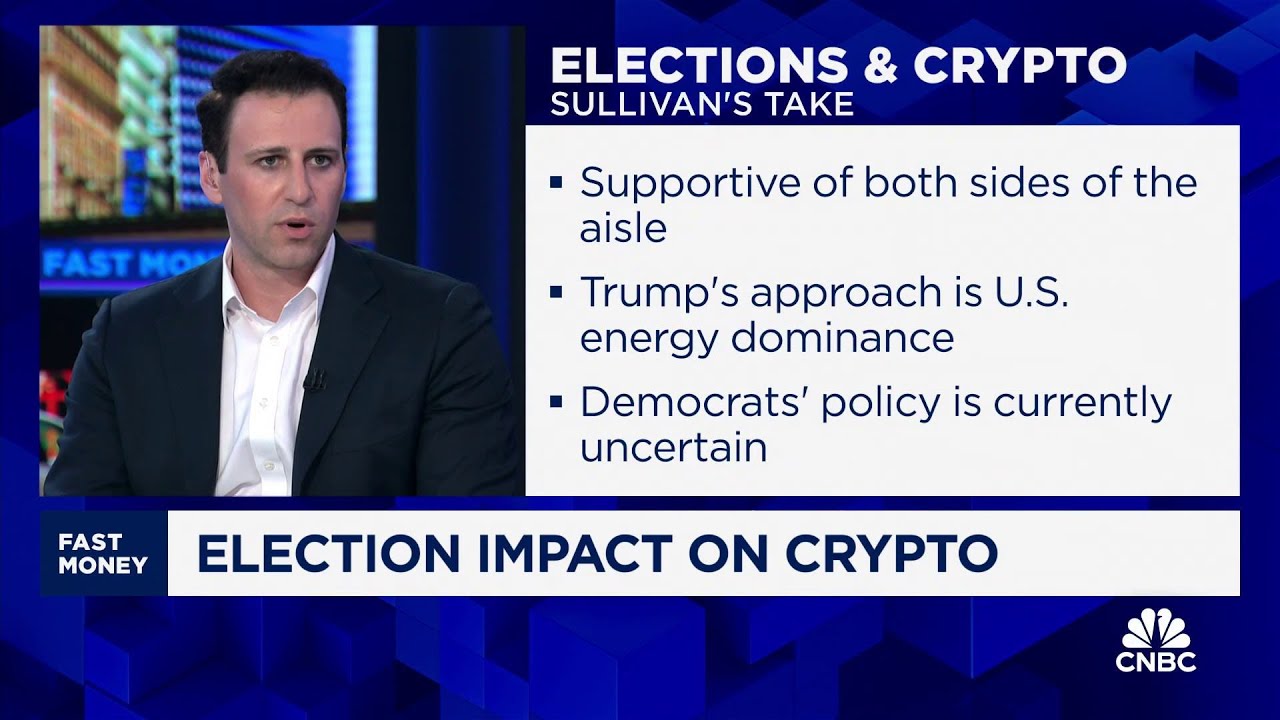Adam Sullivan, CEO of Core Scientific, discussed the company’s transition from cryptocurrency mining to focusing on artificial intelligence and high-performance computing, highlighting a partnership with CoreWeave to diversify revenue streams. He emphasized the growing demand for specialized AI services from both large and small companies, while also addressing the challenges of energy sourcing for data centers and the potential impact of U.S. energy policies on the cryptocurrency sector.
In a recent discussion, Adam Sullivan, CEO of Core Scientific, highlighted the company’s strategic shift from primarily focusing on cryptocurrency mining to embracing artificial intelligence (AI) and high-performance computing. As Bitcoin prices recover, Core Scientific has announced a partnership with CoreWeave, a cloud startup backed by NVIDIA, aiming to diversify its revenue streams. Sullivan expressed optimism about the future, projecting that by 2025 and 2026, the company will see significant revenue growth driven by AI and high-performance computing.
Sullivan noted that there is already strong demand for their services, not just from major tech companies but also from smaller firms seeking specific allocations of computing power. This demand is expected to be a key growth vector for Core Scientific in the coming years. The company has positioned itself as a digital infrastructure provider, leveraging its experience in Bitcoin mining to expand into the AI sector.
The conversation also touched on the importance of energy sources for data centers. Sullivan acknowledged the challenges of relying solely on renewable energy, as it can only provide power 30% to 40% of the time. He emphasized the necessity of maintaining a utility connection to ensure 100% uptime for data centers, which is critical for their operations.
Regarding the customer base, Sullivan explained that smaller companies are increasingly utilizing Core Scientific’s services for specialized training of AI models. Unlike broad-based models like ChatGPT, these smaller firms are focusing on niche applications in sectors such as healthcare and legal services. This trend is expected to lead to the emergence of successful companies in these bespoke industries.
Finally, the discussion touched on the political landscape, particularly President Trump’s statement about wanting all Bitcoin mining to occur in the United States. Sullivan indicated that the U.S. already hosts a significant portion of Bitcoin miners, and favorable energy policies would benefit not only the cryptocurrency sector but also the broader industrial and manufacturing industries. Overall, Core Scientific is poised to capitalize on the intersection of AI and cryptocurrency as it navigates this evolving landscape.
